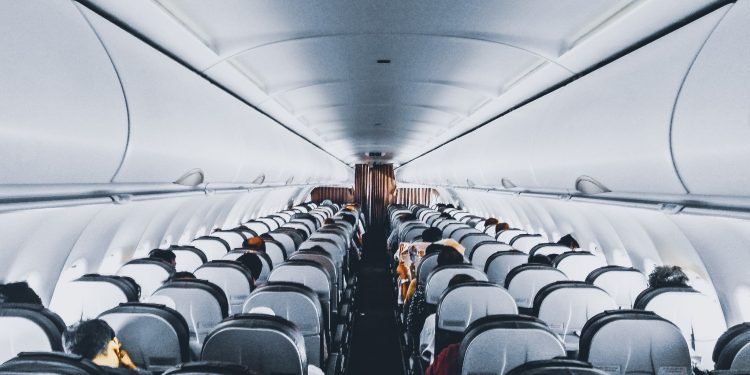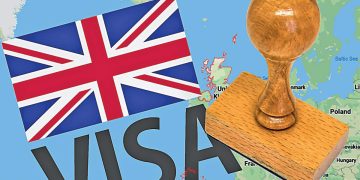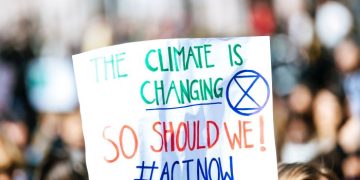Abuja, August 20, 2023 – The winds of change have swept through Nigeria’s domestic air travel sector, bringing about an unprecedented shift in costs. A recent Transport Fare Watch report for June 2023, released by the National Bureau of Statistics, sheds light on a 40% surge in air travel expenses across the nation over the past year, spanning from June 2022 to June 2023.
In the realm of domestic air travel, the adage “the sky’s the limit” has taken on a more tangible meaning. The disparity in airfare costs has created a map of contrasts, showcasing not just the destinations within Nigeria but the financial disparity faced by travellers.
How the States Compare
Leading the race of escalating prices are Delta State, demanding an airfare of N87,000, and Kebbi State, following closely at N83,500. In stark contrast, Abia State emerges as the pocket-friendly destination, recording the lowest airfare at N70,000, closely pursued by Niger State at N73,000.
Journeying through the data, it’s evident that this surge is not a one-time event but rather an ongoing trend. A month-on-month escalation of 4.93% in average airfares was observed for specific routes. This means that passengers who were paying N74,948.78 for air travel in May saw the cost spike to N78,640.54 by June 2023.
Comparing with the Past
Comparing the current scenario with the previous year unveils a striking reality. June 2022’s average airfare was N56,082.64, marking a colossal 40.22% year-on-year increase by June 2023. Diving into regional disparities, the North-Eastern region takes the lead with an average fare of N80,650.00, closely trailed by the South-South at N80,000.00.
Zooming in further, the Northcentral region exhibits a 4.67% escalation, transitioning from N72,950.71 in May 2022 to N76,357.14 in June 2023. In stark contrast, last year’s review painted a different picture, with Taraba State recording the highest airfare at N67,500, followed by Kebbi, Kogi, and Yobe at N65,000. Conversely, Borno, Gombe, Kano, and Rivers State enjoyed lower fares at N50,000.
Cost of Increase: Stakeholders’ Views
Unpacking the reasons behind this elevation, voices from the industry resonate with similar narratives. Prof. Obiora Okonkwo, speaking on behalf of the Airline Operators of Nigeria, underscores the influence of foreign components like aviation fuel costs and foreign exchange rates, which account for a significant portion of airline operations. These factors have contributed to the reshaping of pricing structures within the industry.
Mrs. Susan Akpoariaye, President of the National Association of Nigeria Travel Agency (NANTA), adds a new layer to the story. With airfares denominated in dollars and converted to naira during booking or payment, currency fluctuations play a pivotal role. As the naira-to-dollar exchange rate wavers, so does the cost of air travel.
As the industry navigates these turbulent skies, passengers and stakeholders alike are left grappling with the implications of these surging fares. The future is in flux, and the trajectory of airfare costs could potentially reshape the air travel landscape, necessitating both adaptability and anticipation among travellers.












